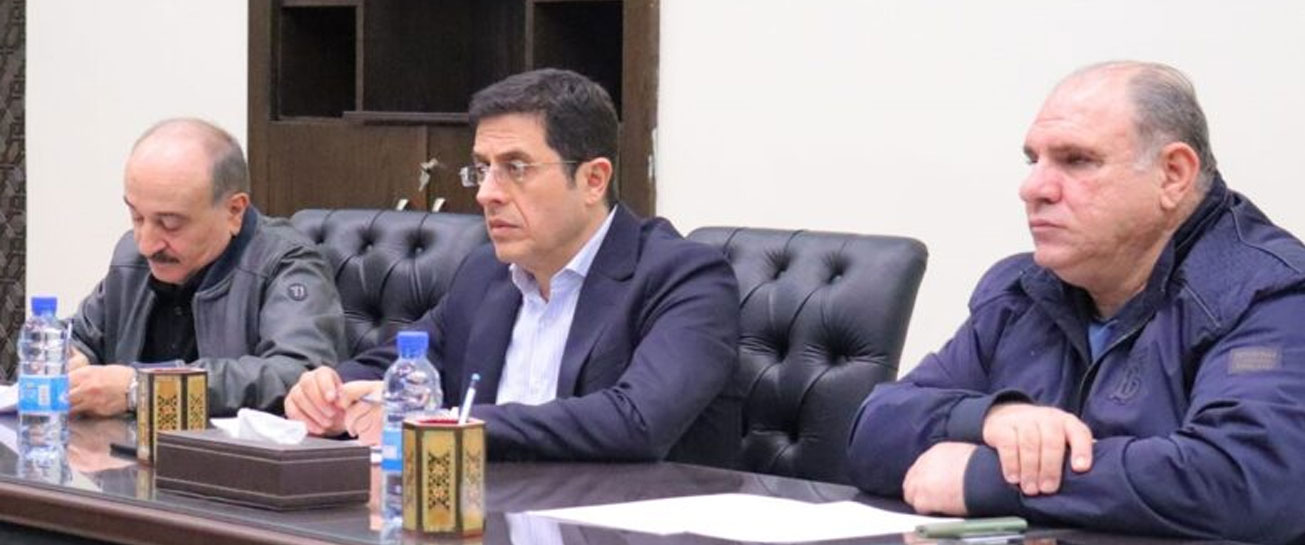A meeting convened by Ministers of Health Hassan Mohammed al-Ghabbash, Interior Major General Mohammed Al-Rahmoun, and Justice Judge Ahmed al-Sayed focused on strategies to advance the field of forensic medicine. Discussions revolved around proposals aimed at augmenting the number of forensic doctors, safeguarding their professional standing, and amplifying their societal role.
Head of the General Authority for Forensic Medicine, Zaher Hajo, affirmed that the meeting yielded several proposals for enhancing the landscape of forensic medicine in Syria. These proposals encompassed initiatives such as bolstering financial support for forensic doctors, including reinstating incentives that had been previously disbursed but are presently inactive. Additionally, suggestions were made to allocate a portion of the authority’s revenues to forensic doctors and to elevate their status commensurate with the specialized nature of forensic medicine.
In remarks to Al-Watan, Hajo disclosed that among the proposals discussed was the amendment of laws governing the General Authority for Forensic Medicine, with the aim of ensuring comprehensive backing for forensic doctors and facilitating their access to financial assistance.
Furthermore, Hajo emphasized the necessity of legal safeguards for forensic doctors during the execution of their duties. The overarching objective of the meeting, he stressed, was to fortify forensic medicine, underscoring the government’s palpable commitment and determination to bolster forensic doctors, attract new talent to the field, and provide support to current practitioners. This resolve is particularly urgent given that Syria currently only boasts 52 forensic doctors, a number deemed insufficient, with some regions lacking any forensic expertise whatsoever and others having only one forensic doctor each.
Highlighting the significance of forensic medicine in upholding justice, Hajo lamented the tendency of some resident doctors to contemplate emigration rather than commit to advancing their specialization within Syria. He underscored the pivotal role of forensic medicine in ensuring equity within the justice system.
The recent inauguration of the Forensic Medicine Center in Aleppo, touted as one of the largest in the Middle East, marked a significant milestone. Hajo revealed that the center boasts a team of 14 doctors, comprising nine forensic specialists and five dentists, with state-of-the-art automation facilitating operations.
In a prior statement to Al-Watan, Hajo underscored the pivotal role of the newly established center in enhancing forensic capabilities within the region.
This article was translated and edited by The Syrian Observer. The Syrian Observer has not verified the content of this story. Responsibility for the information and views set out in this article lies entirely with the author.


